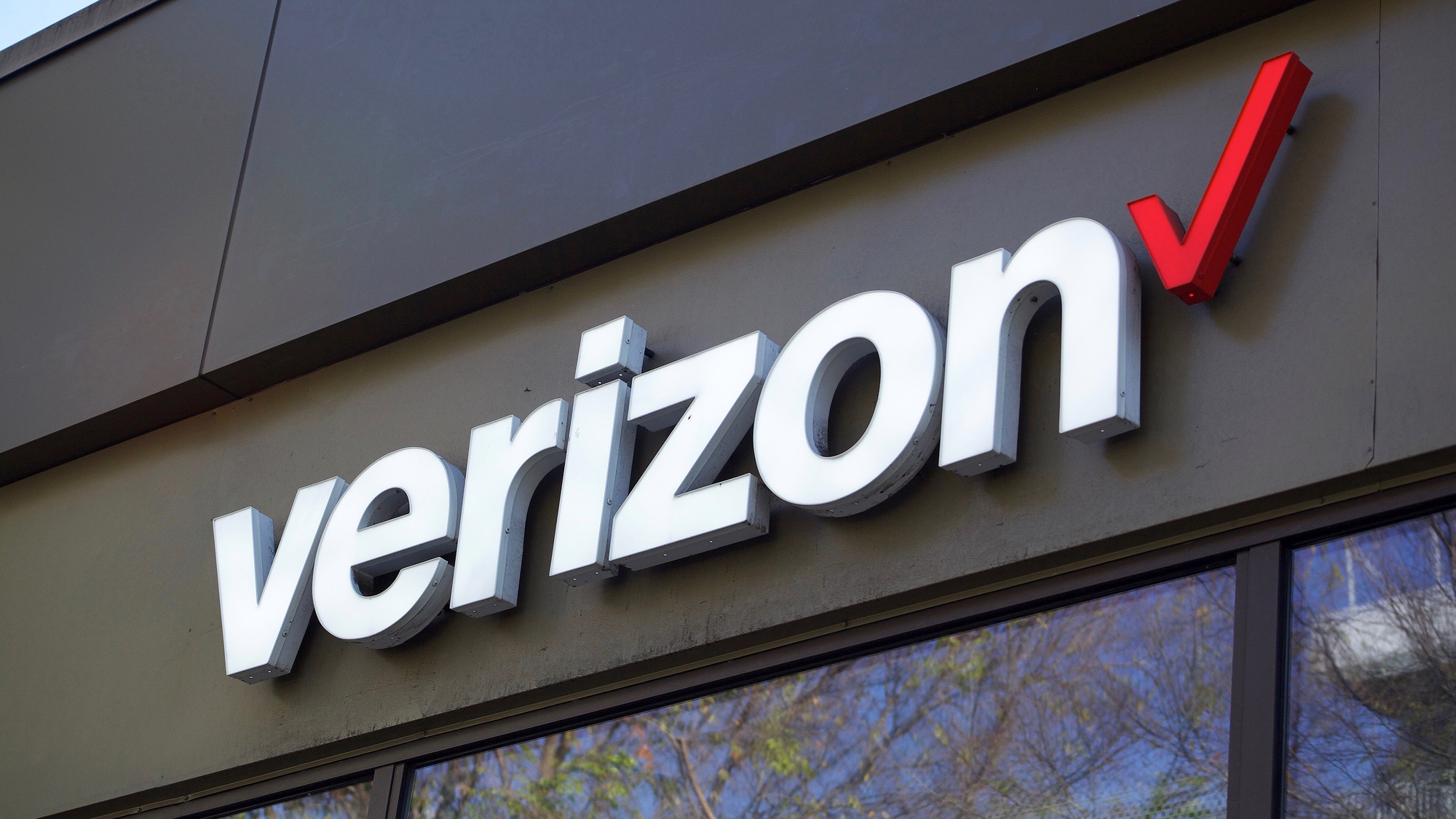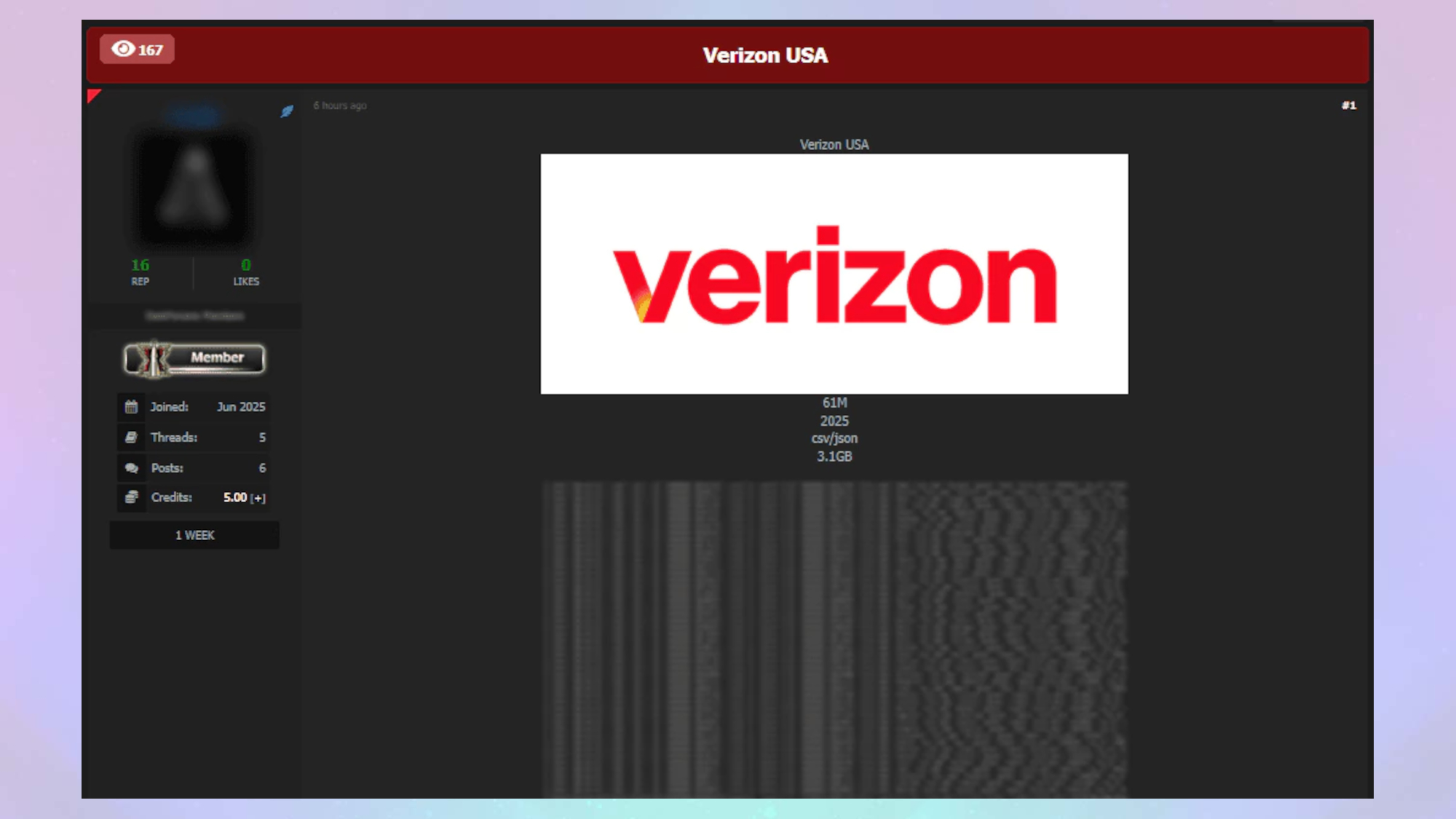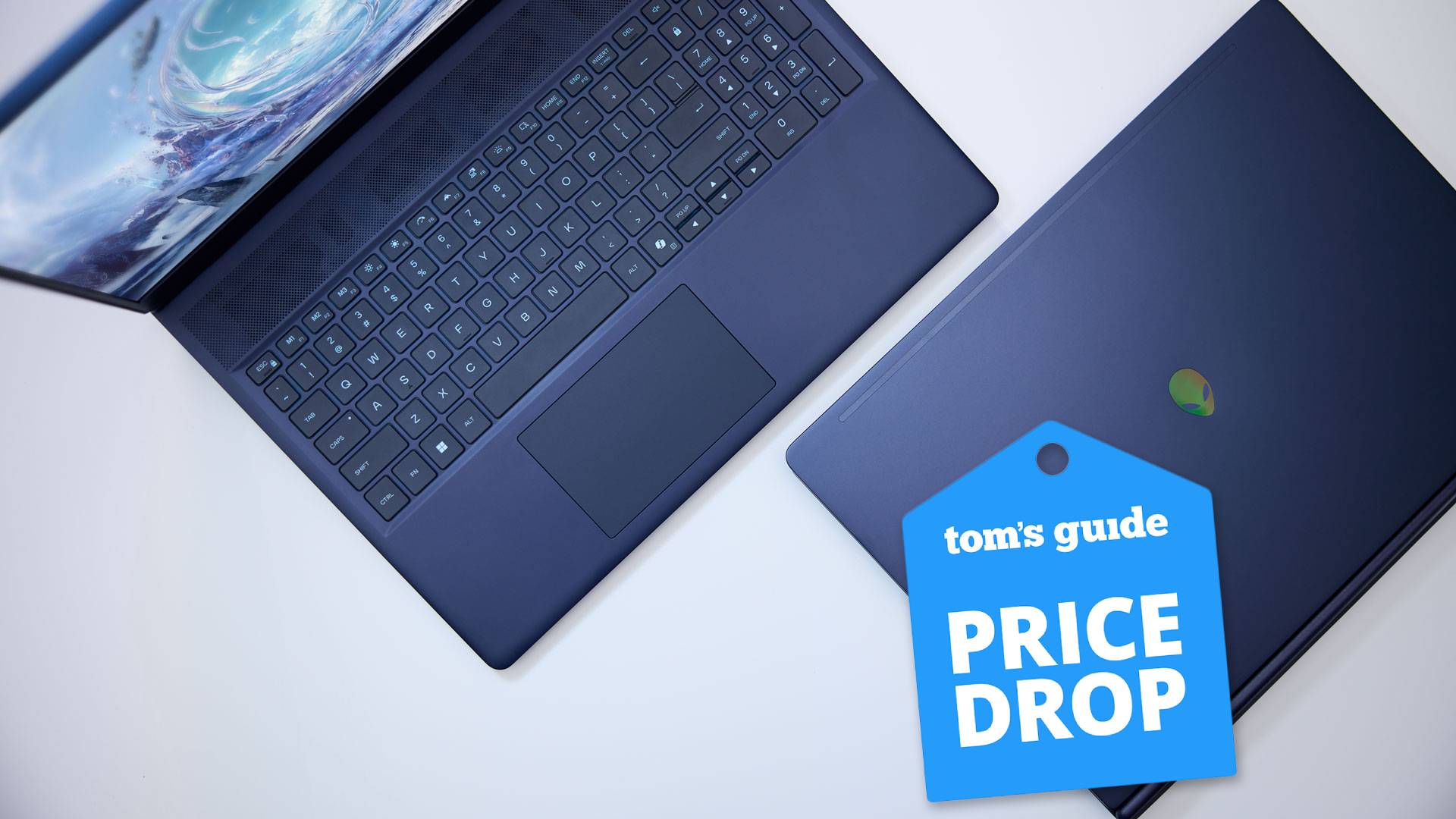61 million Verizon records reportedly for sale — including date of birth, tax ID and phone numbers
Here's what you can do to protect yourself

A recent post online is reportedly claiming to have the data of around 61 million Verizon USA users for sale.
The sale was first noticed by security researchers on safetydetectives.net, who discovered a post claiming to “offer 61 million" "Verizon USA” records, totaling 3.1 GB, in a CSV/JSON file.“ According to the report, the author dated the data as from 2025, indicating a recent security breach.
The sale post reportedly included two screenshots as data samples, which was reviewed by SafetyDetectives security team to asses its authenticity. The sample in question contained 47 lines per image, which totals around 517 records that included data like:
- First Name
- Last Name
- Gender
- DOB
- Tax ID + 3 more ID numbers per customer
- Full Address
- 2 Different Phone Numbers Per Customer
- IP Address

However, it should be noted that, while the data appeared authentic, Safety Detectives were unable to confirm whether it belonged to Verizon customers.
If the information is accurate, then it poses a serious risk to customers, as the provided data can be used in several ways. For instance, threat actors can use the details to create phishing attacks via email, phone, or text. However, the biggest threat is using the data to perform Identity theft by using the stolen information to file false claims, apply for loans and more.
We have reached out to Verizon ourselves, but our colleagues at Tech Radar were told by a Verizon spokesperson that:
"We're aware of an issue in which a threat actor posted a data set claiming to be that of Verizon customers on the dark web. We have examined the postings and have determined that it is old data, previously posted on the dark web, and is not affiliated with our Company or customers. Additionally, this threat actor recently made similar claims about other large U.S. wireless companies. At this point, there's no need to notify customers and there's no impact to Verizon or its customers."
Get instant access to breaking news, the hottest reviews, great deals and helpful tips.
What can I do to protect myself?

While it appears that users shouldn't be overly concerned, there are still several steps that you can take to protect yourself. Firstly, we would always recommend regularly changing and updating their passwords, using passkeys where possible, and enabling two-factor authentication. One of the best ways to do this is to look into one of the best password managers to help you keep everything organized.
You will also want to make sure you avoid clicking on any links or QR codes sent to you, while also avoiding downloading any attachments sent to you by people you don't know. One of the big risks is someone cloning the address of a friend or family member, so make sure you call or text that person to confirm they sent you the link.
For added peace of mind, you should also consider signing up for one of the best identity theft services to help protect yourself. It may also be worth looking into putting fraud alerts on your files with the Big Three credit-reporting agencies Equifax, Experian and TransUnion. You could also consider instituting a credit freeze, but that can complicate any future financial actions, like getting a loan.
Finally, when going online, make sure you have one of the best antivirus software programs installed, as these will usually include security tools like a VPN, Password Manager, secure browser and more.
More from Tom's Guide

Josh is a staff writer for Tom's Guide and is based in the UK. He has worked for several publications but now works primarily on mobile phones. Outside of phones, he has a passion for video games, novels, and Warhammer.
You must confirm your public display name before commenting
Please logout and then login again, you will then be prompted to enter your display name.
